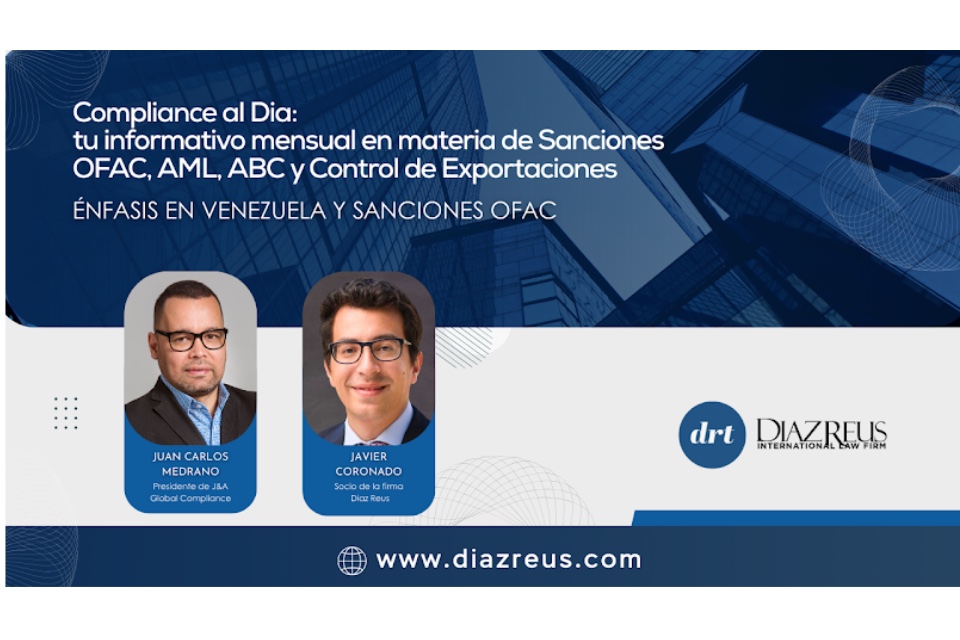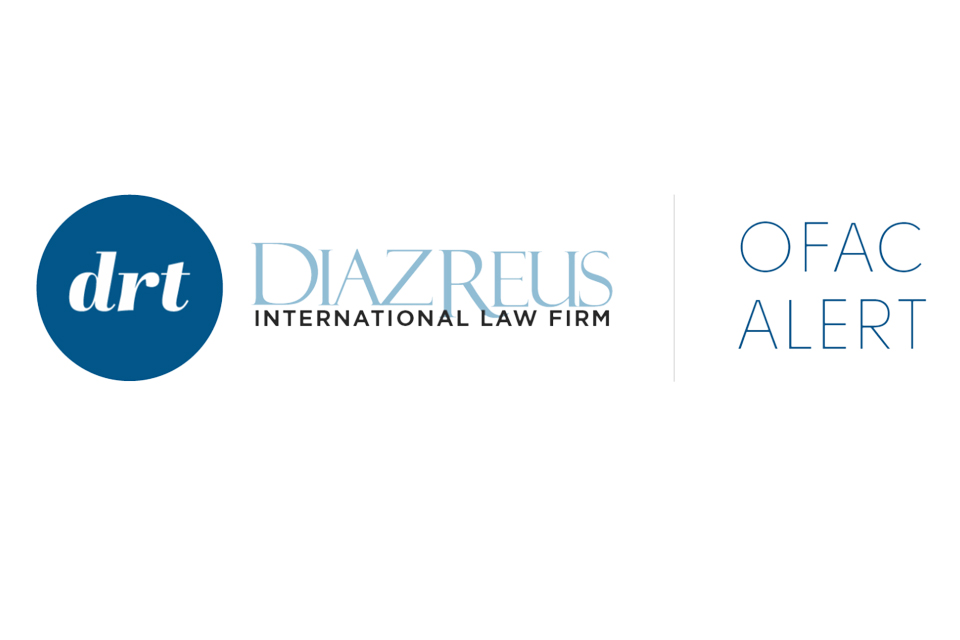In recent years the government of Dubai has arrested and charged a number of senior corporate executives from financial and real estate firms in connection with allegations of fraud and illegal financial transactions. With the office of Dubai’s Ruler, HH Sheikh Mohammed Bin Rashid Al Maktoum, issuing a warning that “there will be no tolerance shown to anybody who tries to exploit his position to make illegal profits,” corporate governance is being discussed with fervor among the business community in Dubai. Objectives of promoting sound corporate governance policies and stable growth recently prompted the government of Dubai to engage Hawkamah – the regional institute for corporate governance – to develop a corporate governance framework for small and medium enterprises (SMEs).
This article expounds the key principles of Hawkamah and their impact on the evolution of corporate governance in the U.A.E., specifically regarding SMEs in Dubai.
While sound corporate governance has always been a concern in the region, it has become especially crucial in the aftermath of the global financial crisis and the government’s campaign against corporate malfeasance. With the U.A.E., specifically Dubai, emerging from financial crisis, deficiencies in corporate governance have become even more exposed. Objectives promoting sound corporate governance policies and stable growth recently prompted the government of Dubai to engage Hawkamah – the regional institute for corporate governance – to develop a corporate governance framework for small and medium enterprises (SMEs). The relevant question to be asked here is: Why the code on corporate governance is being developed specifically for SMEs in Dubai?
Why is corporate governance crucial for SMEs?
SMEs dominate Dubai’s corporate landscape. Given the lack of stringent regulations applicable to publicly listed companies, SMEs are prone to fraud and illegal transactions. Because SMEs are unlikely to be listed on organized stock exchanges, there is no organized regulatory body monitoring their operations or enforcing conduct codes. Accordingly, the implementation of a corporate governance regime becomes more complex and poses a new set of challenges, including ensuring transparency, disclosure, and respect for minority shareholders’ rights.
Factors in the Middle East such as family culture, the lack of transparency in the functioning of SMEs, the symbolic function of the administrative board, as well as the lack of communication, all lead to mistrust and confusion. In response to these concerns, the government of Dubai, together with Hawkamah, are making efforts to improve corporate governance of SMEs involving the relationship and accountability between corporations and their stakeholders.
Hawkamah and its core principles.
‘Hawkamah’ means corporate governance in Arabic. Hawkamah was launched in February 2006 with the aim of advancing corporate governance practices in the Middle East, North Africa, and Central Asia.
The core objectives of Hawkamah are: to execute and improve corporate governance within the SMEs involving issues of transparency, independent auditing, board responsibilities, and robust procedures. The following details these objectives.
Appointment of independent directors: Appointing independent directors should ensure that investors receive complete and accurate disclosures. The independent director should focus on improving transparency; otherwise the board cannot add real value in terms of governance.
Responsibilities of the board: Boards have an important role to play within a company and they should be responsible for strategically steering the company towards achieving its goals in the most efficient and profitable manner. Boards need to understand that they can be personally liable for their wrongful acts, and it is crucial that the key control functions have direct communication with the board so that the board can be armed with the information that it needs to make decisions. Knowledge is power in terms of governance. If the board does not have a full understanding, and most importantly, if the board does not have unfettered access to the information it needs to make decisions, then it cannot do its job.
Improving transparency disclosure: Transparency issues in financial reports remain a challenge on a global scale, yet even more so in the Middle East. Clearly, the information to be disclosed must be accurate, timely, and sufficient. Well-designed disclosure systems would achieve this goal. However, especially under the civil law system, it has proven a difficult task despite that fact that the consequences of nondisclosure can include sanctions that range from criminal to civil to administrative.
Cutting clutter from financial reporting: Transparency in reporting is not limited to the amount of information included in the reports but also includes the quality of that information. Information in financial reports that might be unnecessary, outdated, or misleading is referred to as “clutter.” Clutter in annual reports can be a problem, making it harder for users to measure a company’s financial health. It is, therefore, Hawkamah’s agenda to educate organizations in removing the clutter from financial reporting.
Implementing internal control: A clear, unambiguous message that bribery, fraud, and illegal financial transactions will not be tolerated should be regularly communicated to employees. Companies must establish an internal control system aimed at evaluating the methods and procedures for managing risk and implementing the procedures, as well as compliance with relevant laws and regulations. A company must also appoint a compliance officer to ensure compliance by the company and its employees of the relevant laws, regulations, and procedures affecting the company.
Independent auditing: The independent auditor plays a critical role in corporate governance by providing objective assessments regarding any organization’s governance structure.
Conclusion.
Dubai’s financial and economic development depends on good corporate governance in SMEs, such as defining board responsibilities, encouraging transparency and accountability, and providing financial disclosure. A commitment to sound corporate governance will benefit companies as it will undoubtedly attract more investor interest, thus providing an even greater choice in sources of capital.













